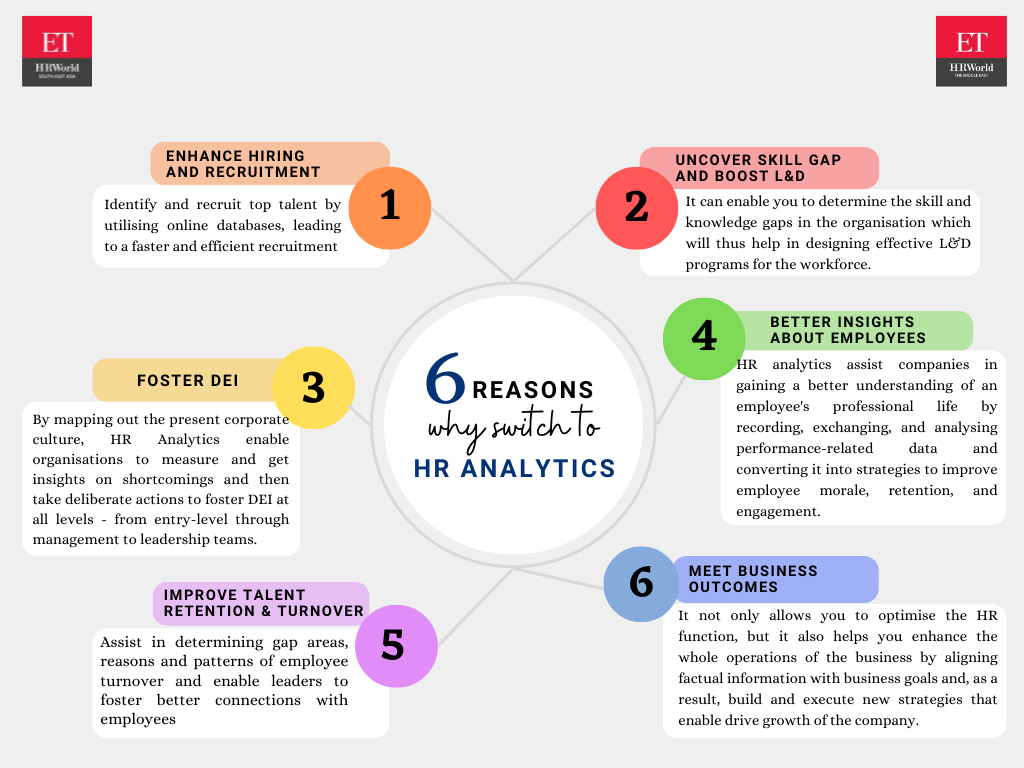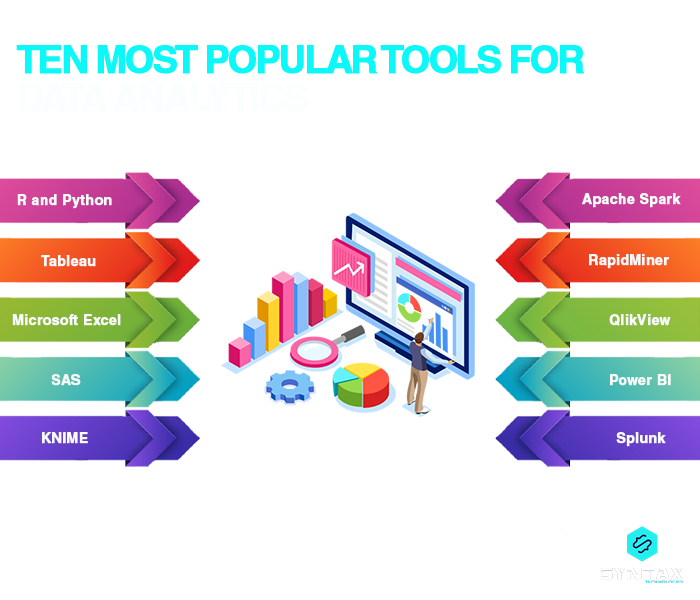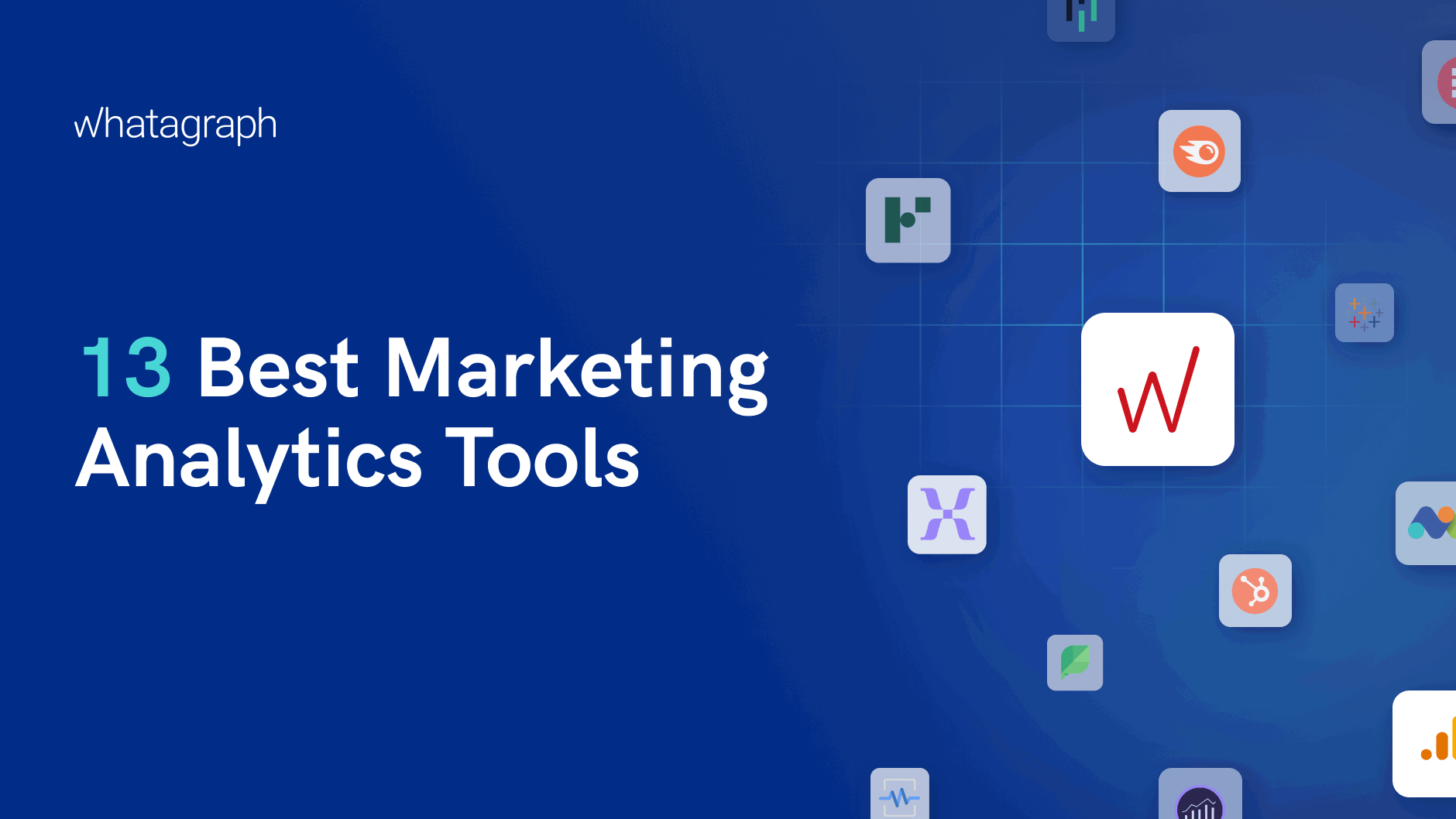Optimize Company Processes Utilizing Thorough Analytics Reports
Maximize Development: How Analytics Drive Better Approaches
By taking advantage of information understandings, services can improve their operational methods, expect market adjustments, and boost consumer engagement. The challenge lies not only in gathering information yet in effectively interpreting it to drive tangible results.
Comprehending Data Analytics
Data analytics is a methodical computational analysis of data that allows organizations to discover significant patterns and insights. This process encompasses a variety of strategies, including statistical analysis, anticipating modeling, and information mining, which jointly intend to transform raw data into workable details - Analytics. By using these techniques, companies can make educated decisions that are rooted in empirical evidence instead of instinct alone
The foundation of data analytics depends on its capability to manage substantial quantities of details from varied sources. This includes organized information, such as databases, and unstructured information, consisting of social networks interactions and customer responses. With making use of specialized software and devices, experts can extract and refine this information effectively, identifying fads and connections that may not be immediately noticeable.
Comprehending data analytics additionally includes acknowledging the relevance of information quality and stability. Reputable and exact information is essential for purposeful analysis; hence, organizations must apply robust information governance methods. Furthermore, the repetitive nature of analytics allows for continual refinement and renovation of strategies, making certain that organizations continue to be agile despite changing market dynamics and customer behavior.
Key Advantages of Analytics

Among the key benefits of analytics is its ability to offer actionable insights. Organizations can quickly evaluate large amounts of data, uncovering patterns that may not be right away evident. This assists in expecting market shifts and adjusting approaches as necessary. In addition, analytics cultivates a society of evidence-based decision-making, decreasing reliance on intuition and uncertainty.
Another substantial advantage is improved customer understanding. Analytics devices allow companies to segment their target market, track consumer actions, and individualize advertising efforts. This targeted strategy not only improves consumer involvement but also drives higher conversion rates.

Implementing Analytics Strategies
To completely understand the advantages of analytics, companies have to adopt organized approaches for implementation. This starts with plainly defining objectives that line up with more comprehensive business goals. By developing details, quantifiable outcomes, organizations can focus their analytics initiatives on locations that produce the highest return on financial investment.
Following, companies ought to prioritize information administration to ensure the integrity and safety of the information being assessed. This involves setting up procedures for data collection, storage, and gain access to while sticking to pertinent laws. Ensuring premium information is vital for creating purposeful understandings.
Furthermore, fostering a culture of data-driven decision-making is essential. This requires training employees to interpret analytics findings and motivating cooperation throughout departments. When teams recognize the worth of analytics, they are most likely to incorporate understandings right into their everyday operations.
Finally, organizations should routinely review and refine their analytics approaches. The landscape of information and innovation is constantly developing, and staying versatile will certainly enable organizations to utilize new tools and techniques properly. By carrying out these structured approaches, companies can take full advantage of the impact of their analytics campaigns and drive sustainable growth.
Devices for Effective Evaluation
Efficient evaluation depends on a variety of devices that promote the extraction of understandings from data - Analytics. These devices can range from straightforward spread sheet applications to sophisticated maker learning systems, each serving an one-of-a-kind function in the logical process
Data visualization software program, such as Tableau and Power BI, plays a vital role in transforming intricate datasets right into understandable visual depictions. These tools allow experts to recognize patterns and best site trends promptly, permitting more educated decision-making.
Analytical evaluation software, like R and SAS, uses advanced capabilities for carrying out thorough evaluations, consisting of regression, theory testing, and anticipating modeling - Analytics. These attributes empower companies to draw significant conclusions from their information, identifying prospective possibilities and dangers
Moreover, data source monitoring systems such as SQL and NoSQL data sources provide the necessary infrastructure for storing and querying big volumes of data effectively. They make sure that data is organized and easily accessible for evaluation.
Finally, service knowledge platforms integrate various data sources, providing a comprehensive view of business efficiency. By using these devices efficiently, companies can enhance their analytical capabilities, allowing them to create methods that make best use of development and enhance general efficiency.
Study of Success
Successful companies typically leverage information analytics to drive impactful strategies, as confirmed by several significant case studies. By employing these understandings, Netflix has effectively customized its content recommendations, resulting in increased individual engagement and client retention.

Furthermore, Starbucks uses information analytics to Check This Out establish optimum shop locations and fine-tune its item offerings. By taking a look at consumer demographics and buying patterns, Starbucks effectively identifies high-potential markets and tailors its food selection to neighborhood tastes, driving sales and customer loyalty.
These instance research studies illustrate that reliable utilization of information analytics can cause tactical benefits, cultivating innovation and development within organizations throughout various industries.
Verdict
In final thought, the assimilation of analytics into organizational approaches substantially improves decision-making processes and fosters sustainable growth. The efficient application of analytics tools additionally sustains dexterity and innovation, allowing companies to navigate competitive landscapes with greater precision.
Information analytics is a systematic computational analysis of information that allows organizations to uncover significant patterns and insights.Recognizing data analytics likewise entails acknowledging the value of information high quality and honesty. Accurate and trustworthy information is crucial for purposeful evaluation; hence, organizations must execute durable information governance practices.Following, organizations should focus on data governance to ensure the honesty and safety of the data being examined.Effective companies frequently utilize information analytics to drive impactful techniques, as evidenced by a number of notable situation research studies.